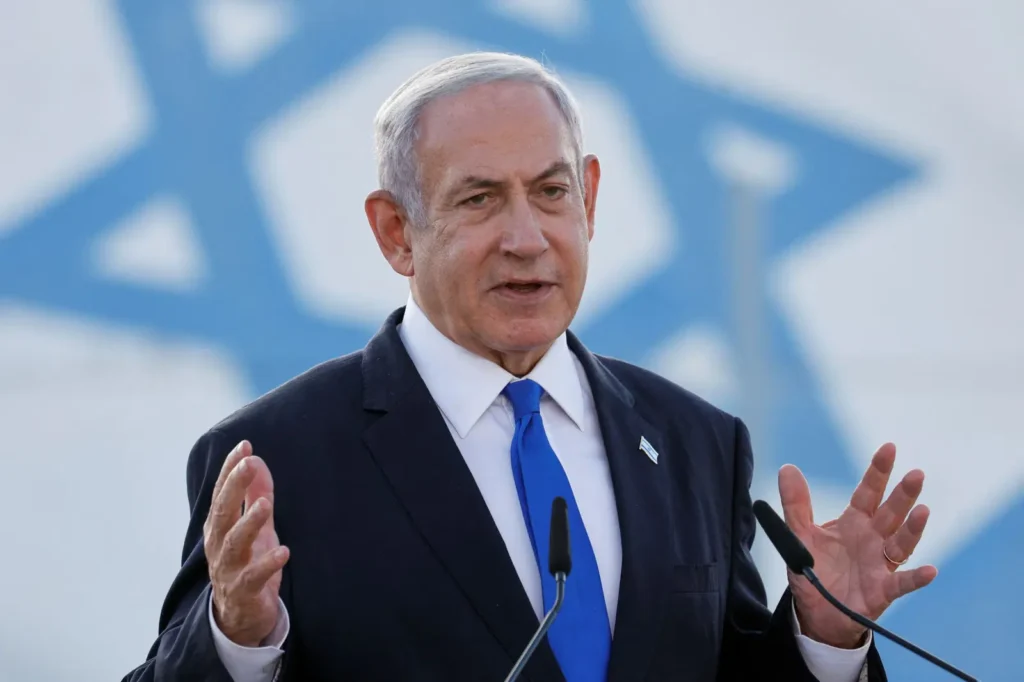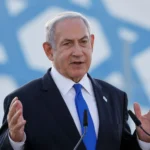
A Fragile Peace Unravels
On June 23, a cease-fire was brokered between Israel and Iran, mediated by former U.S. President Donald Trump and regional partners. While the calm seemed to hold initially, Israel quickly accused Iran of violating the truce. Just two hours into the cease-fire, Israel reported that Iran launched multiple missiles toward Israeli territory, some intercepted, others landing harmlessly. Iran, however, denied any post-agreement missile launches, sparking a wave of renewed tensions.
Immediate Retaliation by Israel
In response, Israeli Defence Minister Israel Katz ordered high-intensity strikes on Iran, targeting military and nuclear sites in Tehran. This swift response underscores Israel’s determination to deter further violations, even at the risk of reigniting direct conflict. Despite some initial restraint, Israeli jets have reportedly resumed airstrikes, targeting radar installations and missile infrastructure.
Trump Intervenes Again
Donald Trump, who had brokered the cease-fire, publicly rebuked Israel for immediate strikes following allegations of Iranian violations. He remarked on his social media platform, “ISRAEL. DO NOT DROP THOSE BOMBS,” urging Israeli leaders to pause further retaliation. He also claimed to have directly convinced Prime Minister Netanyahu to de-escalate Israel’s military response.
Contradictory Claims from Both Sides
The situation remains clouded in conflicting narratives. Israel insists Iran sent missiles after the cease-fire’s effective time, labelling the action a “blatant violation.” Iran counters, stating their final missile salvo occurred just before the cease-fire and denies launching any missiles afterward. Both accuse each other of violating agreed terms.
Global Ripples: Economic and Political Fallout
World financial markets reacted nervously to the renewed skirmishing. While global equities and oil prices showed signs of relief following the initial cease-fire, renewed missile exchanges have raised concerns about instability in the Middle East and its broader economic consequences. Politically, Washington has urged both sides toward restraint. Some U.S. lawmakers have criticized unilateral military actions, calling for greater oversight of U.S. involvement in the region.
UN and International Observers React
Global peace advocates have expressed alarm at the fragile truce’s breakdown. Analogies have been drawn between this and other cease-fire failures, such as past flare-ups between Israel and Hezbollah. Experts warn that even isolated violations can spiral into wider conflict if not carefully de-escalated.
Military Strategy and Regional Implications
This episode reflects a new era of high-stakes, strategic warfare. Israel’s operations blend covert intelligence, including Mossad-run missions and drone sabotage inside Iran, with overt airstrikes on missile sites. Iran’s response, though more limited, demonstrates its ability to strike back quickly. Both nations are locked in a cycle of rapid escalation and calibrated responses.
The Road Ahead: What’s At Stake
Can this cease-fire survive the early ruptures? Experts remain divided. Some suggest the pressure applied by Trump and Gulf mediators may rein in the conflict for now. Others, however, warn that breaking the truce so soon undermines credibility, making future deals harder to broker.
Impact on Civilians and Infrastructure
Though no large-scale casualties have been reported from the most recent exchanges, past rounds of this conflict have inflicted severe humanitarian and infrastructural damage, most notably, Iran’s prior missile strike on the Soroka Medical Centre in Beersheba and earlier bombardments of civilian areas. Any escalation now risks reigniting those civilian costs.
Cease-Fire at a Crossroads
The current truce stands at a precarious crossroads. If violations are addressed decisively and both nations exercise self-restraint, there is still a chance to hold the peace. But atomic distrust, quick military reprisals, and contradictory public messaging make stability elusive. The international community is watching closely.
Final Takeaway
What was touted as a breakthrough cease-fire has quickly faltered. Within hours of being declared, accusations of missile strikes flew, military forces retaliated, and diplomatic messaging struggled to keep pace. If both Israel and Iran hope to salvage peace, swift and transparent communication, international mediation, and political discipline are non-negotiable. Whether this cease-fire endures or further conflict erupts may hinge on the smallest decisions, taken in those critical early hours.




































Leave a Reply